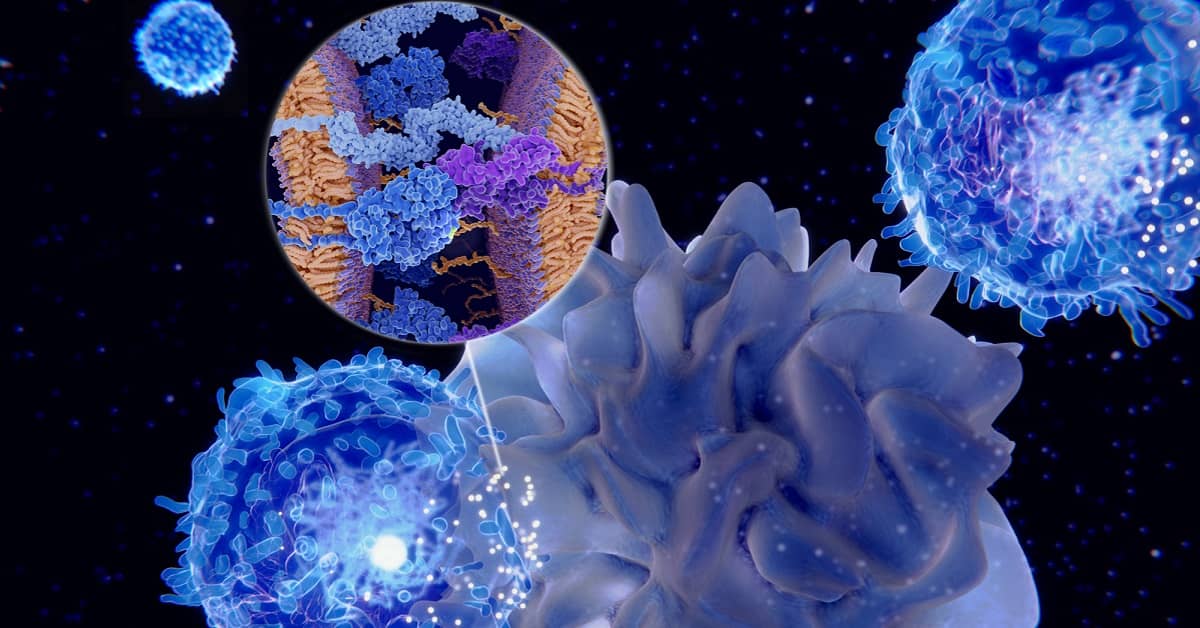
Profound Dendrite Growth
Dendrites are similar to tree branches. In a healthy, green forest, you have many tree branches reaching out and growing towards each other until they touch. In a healthy brain, dendrites do the same thing. Dendrites are highly branched extensions of a brain cell. They receive information from other neurons and conduct electrical messages to the body of the cell. At the projections of dendritic branches are synapses that pass signals to other cells. The denser a brain cell's dendritic network, the more likely it is to be in touch with other cells and pass signals. That's exactly what we want. In 1992, scientists from Washington State University (WSU) began research on a protein that was thought capable of reversing the kind of learning deficits seen in Alzheimer's disease. They hoped it would repair existing damage and restore lost function by growing new dendrites and synapses. Because this protein is broken down in the body very quickly, it took until 2007 to create a modified version -- a tiny peptide containing just six amino acids -- that is stable and can cross the blood brain barrier. (Peptides in general are short pieces of protein.) Early testing in rats, published in 2012, demonstrated that the new peptide worked. It could reverse learning and memory loss. The researchers called their new compound Dihexa. Although BDNF is the "gold standard" for creating neuronal connections, tests revealed dendrite growth with Dihexa was off the charts by comparison. Professor Joe Harding, a member of the WSU team, said Dihexa is "absolutely, insanely active." So much so, the press release WSU put out proclaimed "it would take 10 million times as much BDNF to get as much new synapse formation as Dihexa."Biologics are the Future Now
Peptides like Dihexa are part of a class of medicines called biologics. These pharmaceuticals are the new order of medicine, according to Dr. Daniel Stickler, Chief Medical Officer of Apeiron, a biotech corporation, and guest lecturer at Stanford University on Epigenetics in Clinical Practice. "This is going to very quickly replace pharmaceuticals and even most nutraceuticals [natural substances with medicinal effects]" he said, "because of the fact that it is so on target with what it does." Unlike the shotgun approach typical of drugs, which tend to inflict a lot of collateral damage, biologics are recognized by the body and hit their targets with precision. This recognition and laser like approach means there are no or very limited side effects. They are pharmaceutical smart bombs. They hit only the designated target, the one with military significance, instead of destroying the whole neighborhood.One of the Hottest Topics in Medicine
At the moment scientists are researching 7000 peptides. I just returned from a conference of the American Academy of Anti-Aging Medicine, and peptides were one of the hot topics (they were not just a year ago). Their applications are wide ranging. They cover weight loss, soft tissue repair, gut healing, sexual function, autoimmune conditions like multiple sclerosis, cancer, hair replacement and anti-aging. The FDA has already approved sixty peptides, which is amazing when you consider the usual pace of drug approvals. Dr. Stickler says these drugs "are just blowing the other medications out of the water with their success." Another enthusiast is Dr. Ana Mihalcea, an internist in integrative health and President of AM Medical in Yelm, Washington. She already uses biologics in her practice. “I think this is an exciting new healthcare field,” she says. “It’s important for people to understand that there are more options. There’s no such thing as the impossible anymore. The research is so progressive and so rapid in all these areas that the future of medicine is unfolding now.”Great for Learning Something New
As for Dihexa, it's available in both oral form and as a topical cream because it is readily absorbable through the skin. It's called "the wonder drug of neurology,” according to Dr. Mihalcea. She calls Dihexa "an extraordinary peptide that is able to recover brain function," for people with traumatic brain injuries and dementia. Dr. Stickler found another use. As physician to high-performing executives and entrepreneurs, Dr. Stickler prescribes Dihexa to help them achieve specific goals. At the Biohacker Summit held in Helsinki, Finland in November, he said Dihexa is "amazing for learning and memory" and is "really good" for learning to play a new instrument or learning a foreign language faster.- https://news.wsu.edu/2012/10/11/prospective-alzheimer%C2%92s-drug-builds-new-brain-cell-connections/
- https://www.telegraph.co.uk/science/2019/11/02/neurohacking-cream-helps-learn-guitar-faster-available-five/
- https://www.thurstontalk.com/2019/09/20/peptide-therapy-at-am-medical-the-future-of-medicine-is-now/
